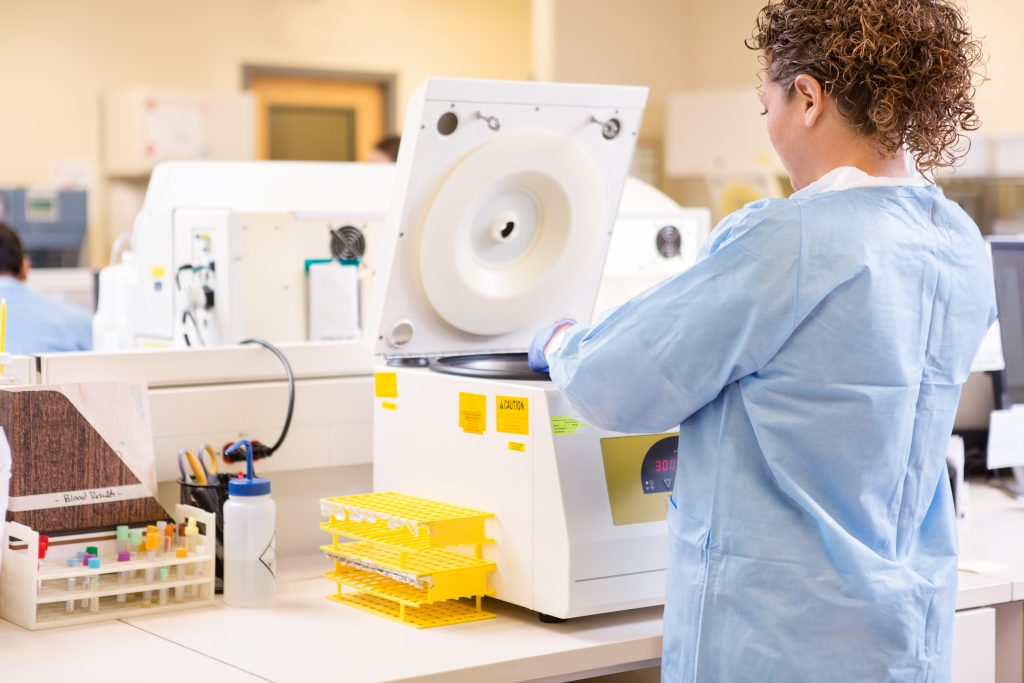Understanding the Difference Between Antigen (Lateral Flow Assays) and PCR (Polymerase Chain Reaction) Tests

Antigen Testing
Pros
- Scales up testing. Forgos sophisticated equipment and can return results in minutes. Purchased in bulk and shipped to clinics, nursing homes, schools, and athletic facilities with hopes that testing can hasten a return to normalcy.
- Rapid antigen tests are intended primarily to detect high levels of the virus, rather than its absence. Antigen tests detect proteins on the surface of the virus.
- Used to screen people where time and resources are in short supply. Eases up testing and improves access and availability, especially in areas where establishing an RT-PCR facility becomes a challenge. Mass tests in targeted regions where the R number is extremely high and the virus spread threatens to get out of control.
- Detects the most infectious people; the people who are spreading the virus. Finds patients who are most likely to transmit disease. Important tool for limiting the spread of the coronavirus. Those who test negative for COVID can be allowed freedom of movement.
- Sensitivity. Detect virus in series of dilutions as a rough proxy for their sensitivity. Whether one has a high viral or low viral load does not matter, one can still be asymptomatic. Antigen tests will still yield a positive result.
- Tests are accessible in many urgent care centers and are widely becoming available to consumers. Great resource for point-of-care testing for events at concert halls and stadiums.
- Mass testing could halve the R-rate, which is the number of people each COVID-19 patient goes on to infect.
Cons
- Antigen test is intended to have negative results when viral load is low. That means a person who has COVID-19 may test negative. Frequent testing, two to three times a week is needed to mitigate this risk.

PCR Testing
Pros
- Polymerase chain reaction (PCR) tests are very sensitive and can detect very low amount of virus.
- PCR tests can be used as a diagnostics tool to determine if a person is infected with the virus.
Cons
- PCR test detects the presence of viral RNA and requires complex laboratory processing machines to get results.
- PCR test usually takes one to several days to get results. Asymptomatic individuals could spread the virus to others while waiting for results.
- The cost of PCR test is usually more than $100. High cost and slow results prevent PCR test to be used by mass population to suppress infection rate.
- PCR test is too sensitive, picking up harmless genetic fragments of the coronavirus that linger in the body weeks after people have recovered and are no longer infectious.
- False positives can occur in PCR-based tests.
